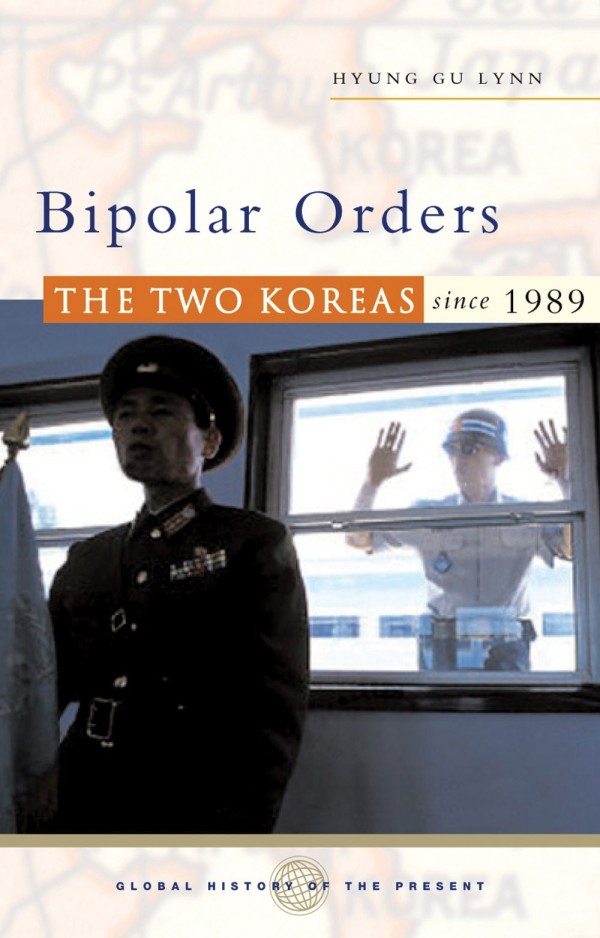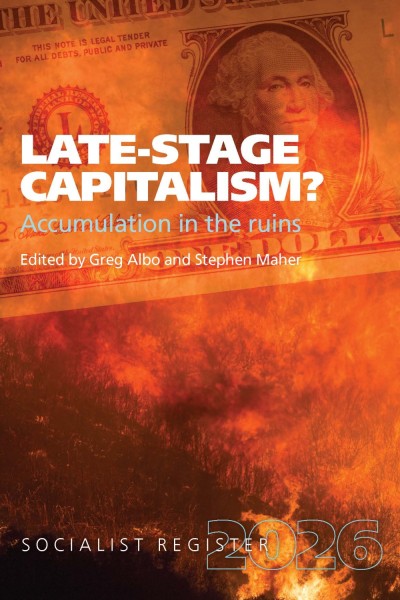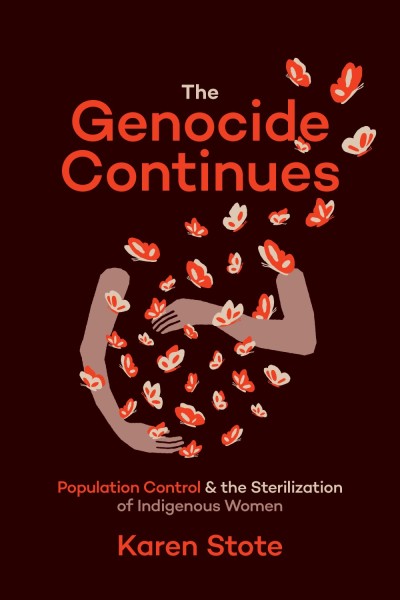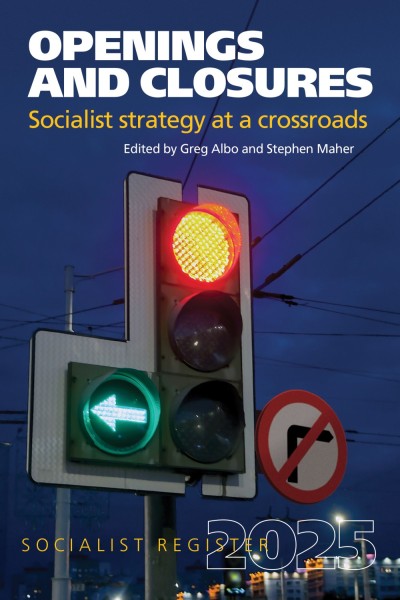
Bipolar Orders
The Two Koreas Since 1989
North Korea has experienced severe economic deterioration and increasing international isolation, while South Korea has undergone democratization and witnessed the emergence of a vibrant consumer culture. Paradoxically, this growing gap in ideologies and material standards led to improved relations between the two countries. Why has this counterintuitive development occurred? Is north Korea really a threat, and if so, for whom? Amidst the recent tendency to repackage the last embers of the cold War as a potential frontline for the “war on terror,” this book provides a substantive, accessible and timely examination of the complex and compelling histories of the two Koreas.
About the book
North Korea has experienced severe economic deterioration and increasing international isolation, while South Korea has undergone democratization and witnessed the emergence of a vibrant consumer culture. Paradoxically, this growing gap in ideologies and material standards led to improved relations between the two countries. Why has this counterintuitive development occurred? Is north Korea really a threat, and if so, for whom? Amidst the recent tendency to repackage the last embers of the cold War as a potential frontline for the “war on terror,” this book provides a substantive, accessible and timely examination of the complex and compelling histories of the two Koreas.
Contents
- Introduction
- Democratization and Anti-Americanism in South Korea
- Capitalism and Consumerism in South Korea
- Political Isolation of North Korea
- Economic Decline of North Korea
- Representations in Popular Culture of South and North
- North Korea and South Korea in the World
- Conclusions
- Notes
- Suggestions for Further Reading
- Index







_cover-FINAL_400_600_90_s.jpg)




_cover-FINAL_400_618_90_s.jpg)
